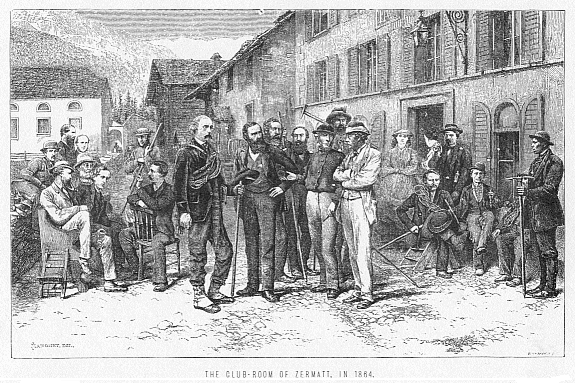 ™
™TRADITIONAL MOUNTAINEERING
™
www.TraditionalMountaineering.org
™ and also
www.AlpineMountaineering.org
™
 ™
™
FREE BASIC TO ADVANCED
ALPINE MOUNTAIN CLIMBING INSTRUCTION™
Home
| Information
| Photos
| Calendar
| News
| Seminars
| Experiences
| Questions
| Updates
| Books
| Conditions
| Links
| Search
![]()
The Sport of Traditional Alpine Mountaineering
People ask why we have an interest in the
sport of traditional alpine mountaineering. I usually tell them that it is
exciting and fun to stand on the summit of an interesting mountain and to return
safely. What do you tell your friends?
The shared adventure is what I really like about mountaineering. Our friend Ian
Wade, a President of The American Alpine Club, expressed it best when he said, “It is not the route or the summit that I
remember, it’s the shared companionship of the climb”.
Earning the companionship of the Sierra Club’s Sierra Peaks and Desert Peaks
sections was challenging for me many years ago. Before participating in major
climbs, a new member had to learn a lot of things: the goals and traditional
responsibilities of a
climbing adventure, the experience and conditioning required and the developing
safety techniques. Do you have a copy of "The Freedom of the Hills"?
TraditionalMountaineering is founded on the
premise that "He who knows naught, knows not that he knows naught", that
exploring the hills and summitting peaks have dangers that are hidden to the
un-informed and that these inherent risks can be in part identified and
mitigated by information, training, interesting gear and knowledge gained
through the experiences of others. Who are your mentors?
Alpine mountaineering is basically an aerobic sport. Climbing, jogging, running,
hiking the hills, backpacking, mountain biking, back country skiing,
snowshoeing, telemark skiing and similar sports all act together to improve
aerobic capacity, strength, balance and athleticism. Some of my companions were
born with these gifts; I had to work hard at improving my abilities and to climb
well. What training workouts are you challenging?
Mountaineering is about the mitigation of the risk of injury or death through
traditional practices and the practiced use of finely designed equipment. I
really liked that part! Controlling the risk is part of the adventure. Will you
participate in our free clinics?
Traditional mountaineering includes climbing
Classes One through Six: hiking on the trail, exploring off the trail with mountain
travel and Leave-no-Trace light-weight bivy and backpacking, technical travel
over steep snow, rock and ice and glaciers and a little technical
rock climbing on the way to the summit. A fundamental component of
mountaineering is risk and risk accompanies every mountain traveler, even on the
trail. Mountaineers need never confront their fears of falling through space or need to use a rope or ice axe
to experience risk.. At every level, don't you truly enjoy controlled risk?
My wife of more than 62 years hiked and backpacked with us but never sought the
summits. Tommie still loves the preparations and the lightweight gear but she
does not now continue as our “advanced base camp manager”. She still
participates in our planning and loves to share the companionship and our photos
of the summit. There is a place for everyone in Traditional Mountaineering.
With whom do you share your adventures?
TraditionalMountaineering provides information and instruction about mountain
climbing safety skills and gear, light and fast climbing, off trail hiking and
light weight backpacking, all illustrated through photographs and descriptions of
actual mountaineering adventures. Can we be your mentor?
--On Belay! Bob Speik
Copyright© 1995-2015 by Robert Speik. All Rights Reserved.
![]()
![]()
![]() WARNING - *DISCLAIMER!*
WARNING - *DISCLAIMER!*
Mountain climbing has inherent dangers that can in part, be mitigated
Read more . . .
About Alpine Mountaineering:
The Sport of Alpine Mountaineering
Climbing Together
Following the Leader
The Mountaineers' Rope
Basic Responsibilities
![]() Cuatro Responsabiliades Basicas de Quienes Salen al Campo
Cuatro Responsabiliades Basicas de Quienes Salen al Campo
The Ten Essential Systems
![]() Los Diez Sistemas Esenciales
Los Diez Sistemas Esenciales
